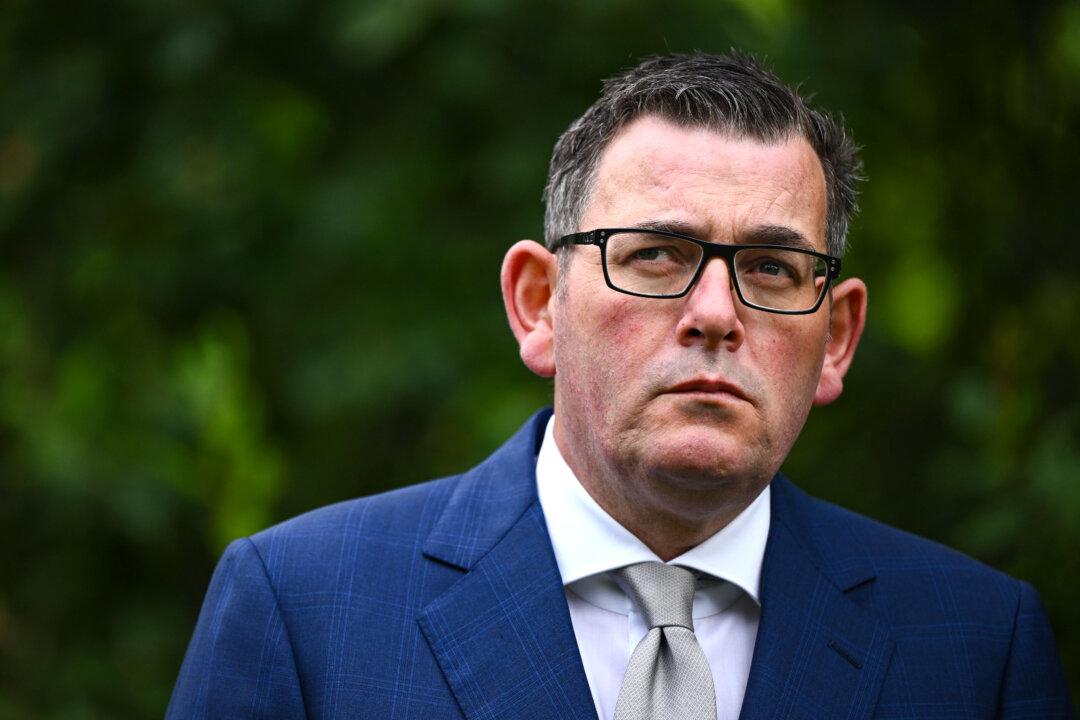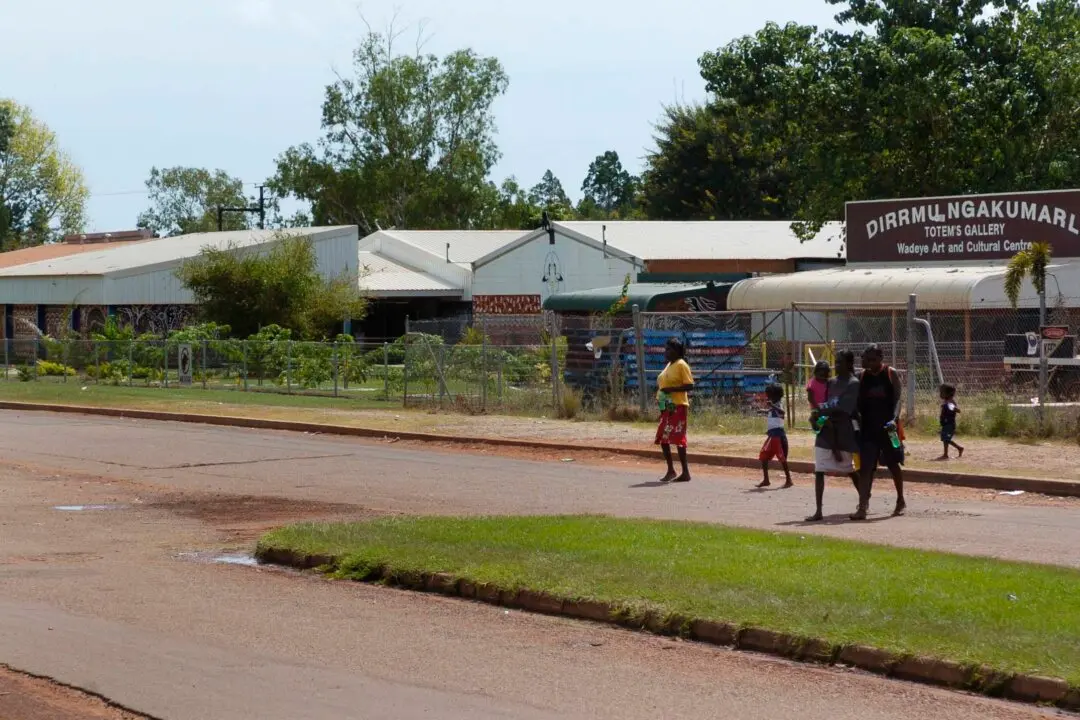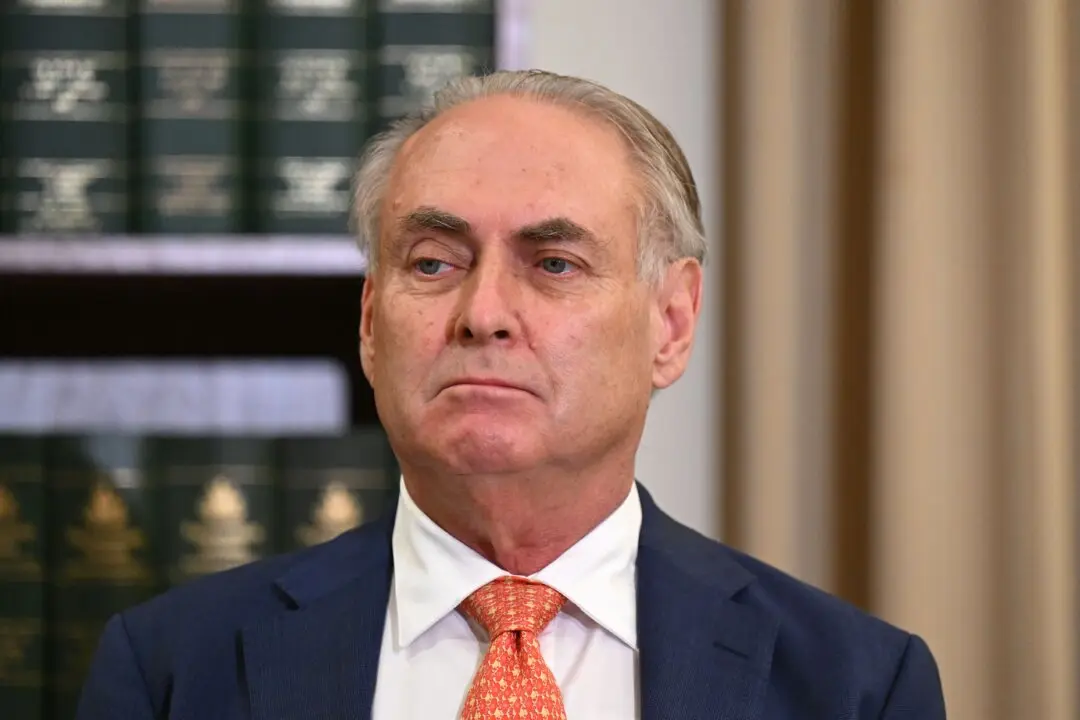An anti-corruption investigation has found the staff in the Daniel Andrews’ government exerted pressure on health department officials to award a $1.2 million contract to a health union.
The Independent Broad-based Anti-corruption Commission released its Operation Daintree report on Wednesday, after investigating the awarding of the contract in the lead-up to the 2018 election.





